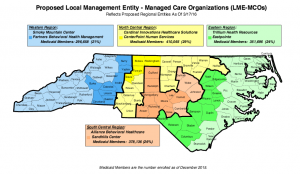COVID-19 Links
 In an effort to streamline the ever-changing world we live in with the COVID-19 virus, here are some links that are all related to updated tax changes, small businesses, individual sick leave, and other filing requirements. As more information is released, it will be added at the top of this list.
In an effort to streamline the ever-changing world we live in with the COVID-19 virus, here are some links that are all related to updated tax changes, small businesses, individual sick leave, and other filing requirements. As more information is released, it will be added at the top of this list.
Have you been using zoom? https://www.forbes.com/sites/leemathews/2020/04/13/500000-hacked-zoom-accounts-given-away-for-free-on-the-dark-web/#58a7fbc858c5
US Dept of Treasury Grants Additional Income Tax Filing and Payment Relief https://www.irs.gov/pub/irs-drop/n-20-23.pdf
New NonProfit Extensions https://home.treasury.gov/news/press-releases/sm970
CDC Recommendations https://www.cdc.gov/coronavirus/2019-ncov/index.html
COVID-19 Relief Tracker https://www.forbes.com/sites/briannegarrett/2020/03/20/small-business-relief-tracker-funding-grants-and-resources-for-business-owners-grappling-with-coronavirus/#1e1e001bdd4c
There’s hope for Small Businesses! https://www.wraltechwire.com/2020/04/03/bank-of-america-accepting-virus-crisis-loan-applications-receives-10000-in-first-hour/
Key Highlights of the CARES Act and the FFCRA Relief Provisions https://www.langdoncpa.com/?p=4717&preview=true
SBA loans more difficult than we thought https://www.langdoncpa.com/2020/04/03/sba-loans-may-be-more-difficult-than-we-thought/
Employer tax credits, and more https://www.journalofaccountancy.com/news/2020/apr/irs-new-employer-tax-credits-form-employee-retention-credit-guidance-coronavirus.html
More Assistance for Nonprofits https://www.councilofnonprofits.org/trends-policy-issues/loans-available-nonprofits-the-cares-act-public-law-116-132
NC Press Release: Deferred Interest https://www.langdoncpa.com/2020/04/01/press-release-nc-deferring-interest/
Applications for Small Business Paycheck Protection Program https://www.journalofaccountancy.com/news/2020/mar/paycheck-protection-loan-for-small-businesses-coronavirus-pandemic.html
Employer questions answered! https://www.dol.gov/agencies/whd/employers
SBA debt relief related to COVID-19 https://www.sba.gov/page/coronavirus-covid-19-small-business-guidance-loan-resources#section-header-4
Gift tax returns extended too! https://www.journalofaccountancy.com/news/2020/mar/gift-gst-tax-returns-postponed-filing-deadlines-coronavirus-pandemic.html
Assisted Living Resources for COVID-19 https://www.ncala.org/covid-19.html
How much COVID-19 stimulus will I receive? https://www.cnbc.com/2020/03/27/the-stimulus-payment-calculator-tells-you-how-much-money-you-could-get.html
Possible Increase for VA Nursing Facilities https://www.vhca.org/publications/careconnection/march-26-2020/vhca-vcal-seeking-additional-funding-for-nf-care-under-covid-19-emergency/
COVID-19 Resources for Non-Profits https://www.ncnonprofits.org/resources/pandemicresources
The CARES Act questions answered https://www.journalofaccountancy.com/news/2020/mar/cares-act-economic-relief-coronavirus-tax-provisions.html?utm_source=mnl:alerts&utm_medium=email&utm_campaign=25Mar2020&utm_content=headline
NC DHHS provides additional COVID-19 support https://www.ncdhhs.gov/news/press-releases/nc-medicaid-increases-support-protect-those-most-risk-serious-illness-covid-19
Clarification on NC Tax Deadlines https://www.ncacpa.org/wp-content/uploads/2020/03/Frequently-Asked-Questions-COVID-final.pdf?utm_source=Google&utm_medium=Referral&utm_campaign=NCACPA&_zs=fG9HX&_zl=MMK22
Employers using Payroll Tax Credits for Paid Leave due to Coronavirus https://www.accountingtoday.com/news/employers-can-begin-using-payroll-tax-credits-for-paid-leave-for-coronavirus
CMS extends Cost Report Deadlines https://www.palmettogba.com/palmetto/providers.nsf/ls/JM%20Part%20A~BMYLSN5443?opendocument&utm_source=J11AL&utm_campaign=JMALs&utm_medium=email
Small Business Q&A https://sbshrs.adpinfo.com/covid19-faqs
IRS push back tax FILING deadline https://abc11.com/business/tax-day-pushed-back-amid-viral-outbreak-mnuchin/6031749/
Bill to address paid sick leave related to COVID-19 (FFCRA) https://www.forbes.com/sites/tomspiggle/2020/03/17/the-families-first-coronavirus-response-act-what-it-does-for-employees-who-need-paid-sick-leave/#615dd2f06f1a
IRS Press Release “Payment Relief” https://www.langdoncpa.com/2020/03/19/official-guidance-for-tax-deadlines/
Single Audit Submission Info https://www.whitehouse.gov/wp-content/uploads/2020/03/M-20-11.pdf
US Department of Labor defines FMLA related to COVID-19 https://www.dol.gov/agencies/whd/fmla/pandemic
IRS extends PAYMENT deadline https://www.cnbc.com/2020/03/17/treasury-and-irs-to-delay-tax-deadline-by-90-days.html


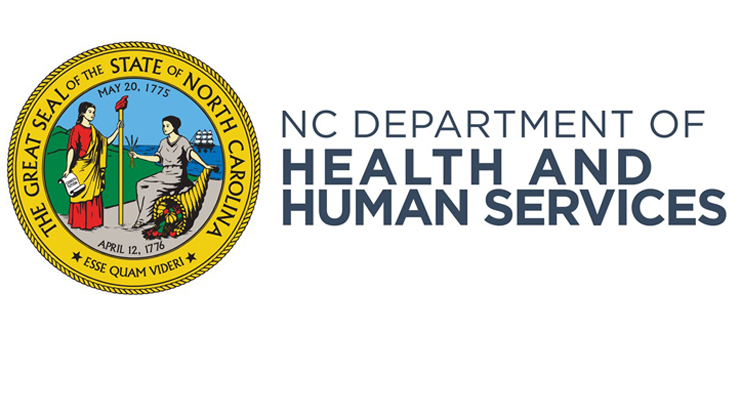
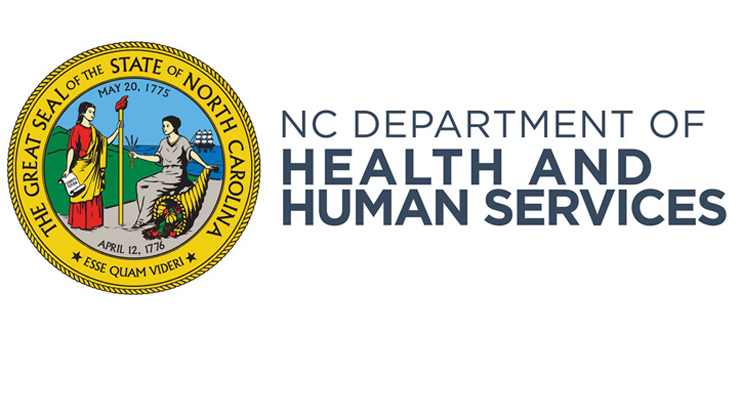 The North Carolina Department of Health and Human Services (NC DHHS) issued a
The North Carolina Department of Health and Human Services (NC DHHS) issued a 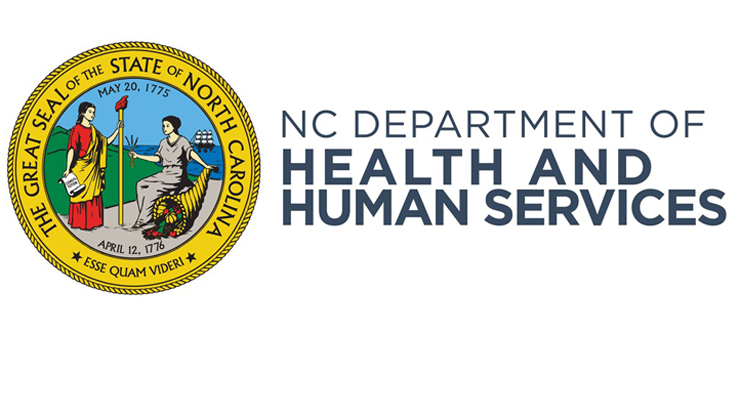
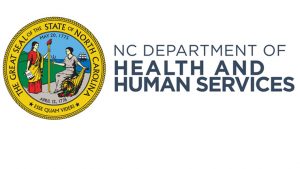 Adult Care Homes (ACH) and other types of Group Homes in North Carolina have compliance
Adult Care Homes (ACH) and other types of Group Homes in North Carolina have compliance 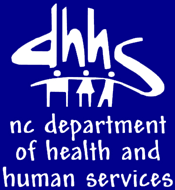




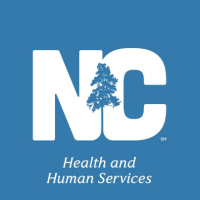

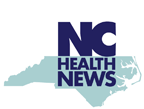
 budget a few weeks ago. The Senate just passed theirs. As always there are similarities and differences in each department; each of which, have very “hot topics” that are addressed. Thanks to NC Health News for a
budget a few weeks ago. The Senate just passed theirs. As always there are similarities and differences in each department; each of which, have very “hot topics” that are addressed. Thanks to NC Health News for a 